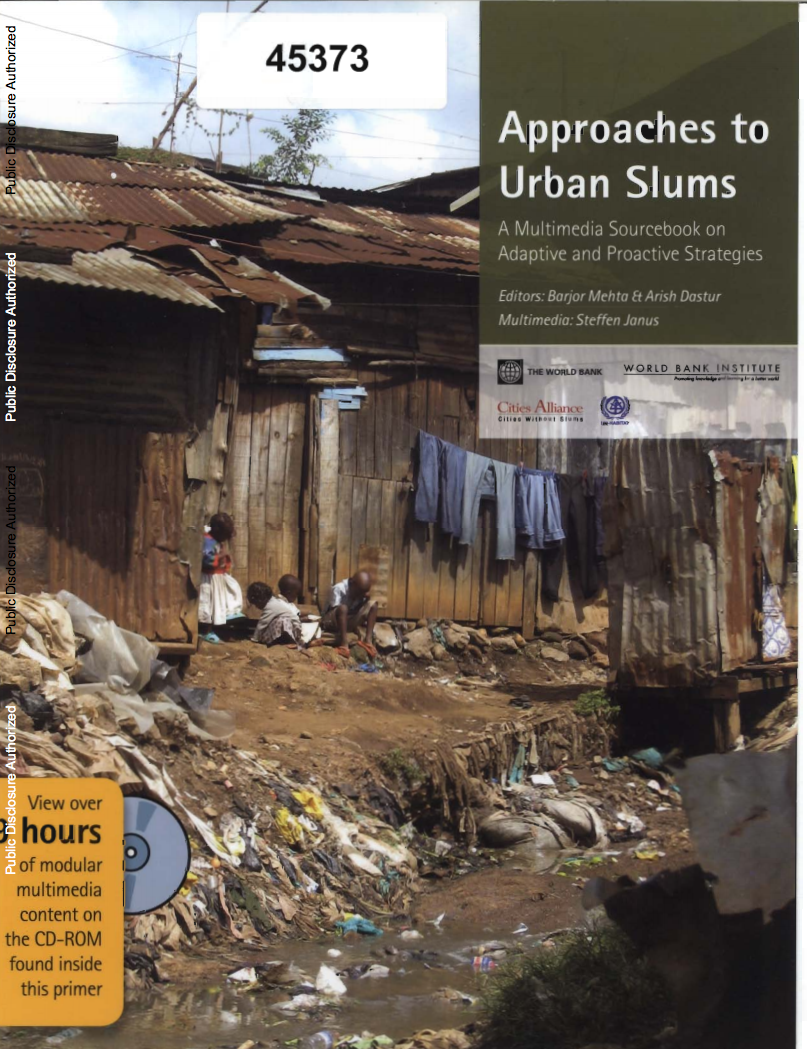Urbanization and Growth : Commission
on Growth and Development
Structural change is a key driver of
rapid growth: countries diversify into new industries, firms
learn new things, people move to new locations. Anything
that slows this structural change is also likely to slow
growth. Because urbanization is one of the most important
enabling parallel processes in rapid growth, making it work
well is critical. Urbanization's contribution to growth
comes from two sources: the difference between rural and


